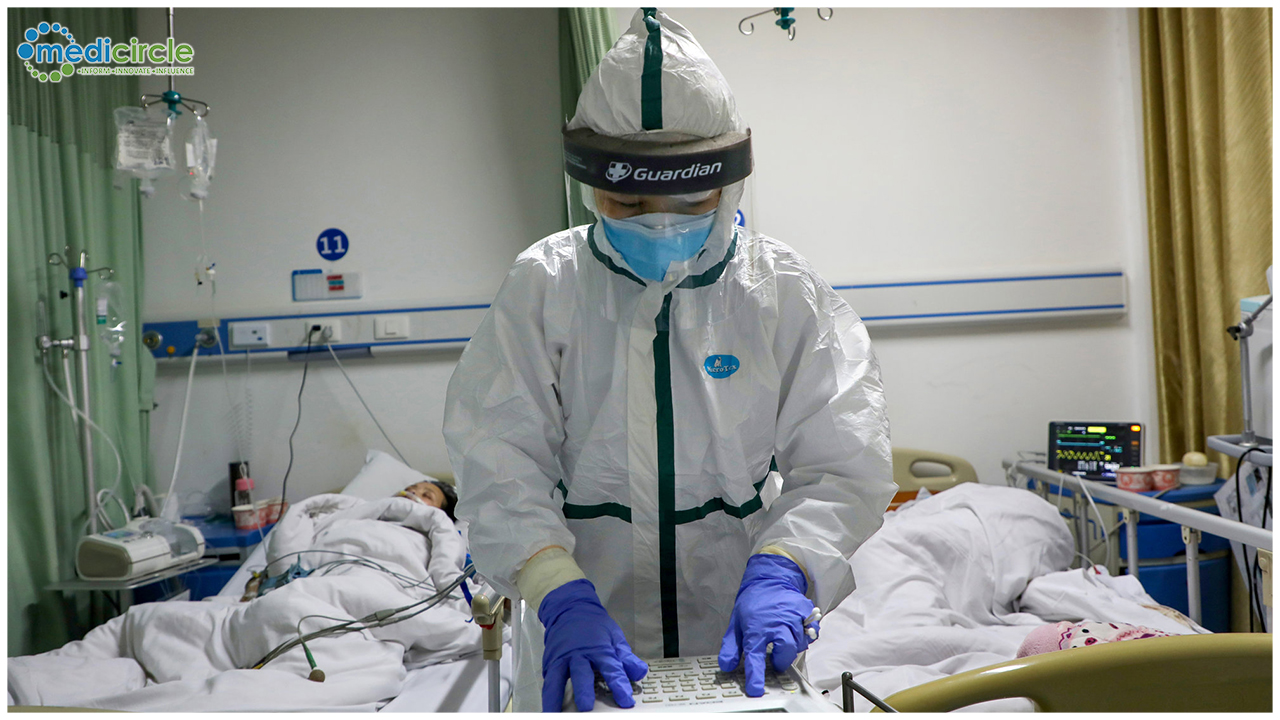A Missouri man who has been accused of breaking a self-quarantine as a family member was sickened with the new coronavirus was admonished by officials who warned that if it happened again, he and his family would be required to stay put "by the force of law."
Does that mean someone could face prison time for breaking a quarantine? In some cases, yes.
"Isolation for public health purposes may be voluntary or compelled by federal, state, or local public health order," the federal Centers for Disease Control and Prevention says on its website.
People with high risk of exposure to the virus causing COVID-19 – for example, they've traveled to China's Hubei province or live with a symptomatic person without taking the recommended precautions – could face quarantine or isolation under public health orders, the CDC says.
Isolation occurs when a person is known or believed to be infected with a disease and potentially infectious. It's the process of separating known sick people from those who are known to be not sick. An isolated person is usually told to stay in a separate room from other people in their homes and use a separate bathroom.
Quarantine occurs when a person may have been exposed to a disease but is not symptomatic. It restricts their movement to see if they become sick.
Like the Missouri case, many cases of quarantine or isolation amid the coronavirus outbreak have been recommended without the force or law. Breaking these quarantines does not mean jail time or fines.
Coronavirus updates:World death toll passes 4,000, lockdown paralyzes Italy, US markets open with massive gains
Coronavirus spreads in the US:Here's everything to know, from symptoms to how to protect yourself
St. Louis County Executive Sam Page said the man and his family were asked to self-quarantine when his daughter became symptomatic. Page said officials relied on "common sense and goodwill," assuming the whole family would comply.
The father and his other daughter went to a school dance Saturday. According to KTVI-TV, the two left the dance after they learned of the presumptive positive test result that day.

 People with high risk of exposure to the virus causing COVID-19 – for example, they've traveled to China's Hubei province or live with a symptomatic person without taking the recommended precautions – could face quarantine or isolation under public health orders, the CDC says.
People with high risk of exposure to the virus causing COVID-19 – for example, they've traveled to China's Hubei province or live with a symptomatic person without taking the recommended precautions – could face quarantine or isolation under public health orders, the CDC says.









.jpeg)

.jpeg)










.jpg)




.jpg)

